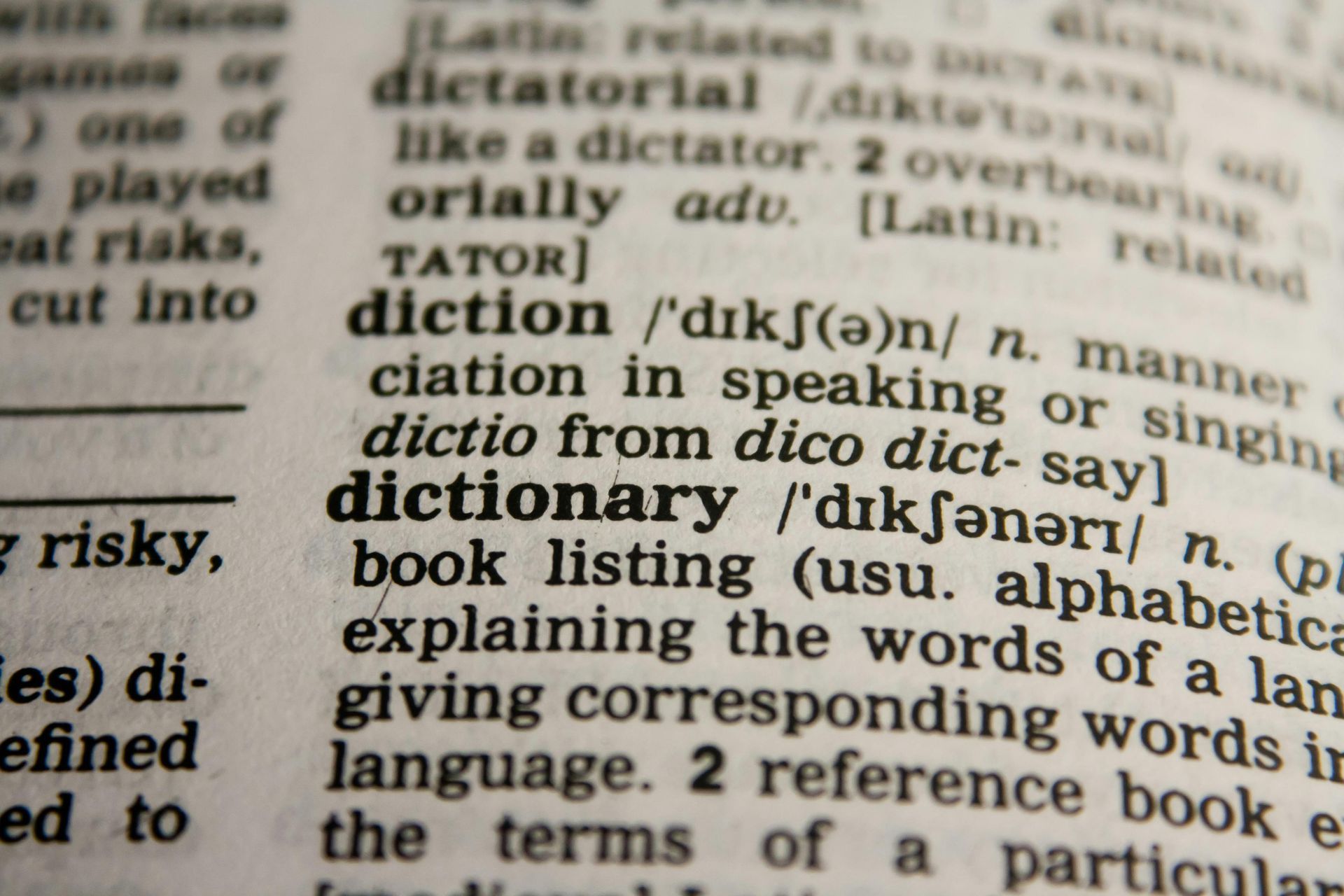Giving Impactful Feedback: Strategies That Work
Effective feedback is specific, timely, and actionable.

Let’s dive into what can be an uncomfortable topic, feedback. I want to start by reminding you, that people can’t change if they aren’t aware of the change needed! Giving feedback is hard, but you never get better by avoiding it. Effective feedback is specific, timely, and actionable. Let’s break down what each of these elements means:
Specific Feedback
- Avoid Generalizations: Instead of vague comments, focus on observable actions. For example, rather than saying, "You did a good job," specify what was done well: "You handled the patient’s questions thoroughly and provided clear explanations."
- Identify the Exact Behavior: Pinpoint the specific action. For instance, "During the 10 AM appointment with Mrs. Smith, you were very patient when explaining her treatment options."
- Use Examples: Highlight particular instances to reinforce your feedback. Specific examples make the feedback more meaningful and actionable.
Actionable Feedback
- Focus on Behaviors That Can Be Changed: Feedback should address actions within the individual’s control. For example, "I noticed that you seemed a bit rushed when checking patients in. Taking a few extra moments to connect with the person before diving in might help."
- Provide Clear Steps for Improvement: Offer concrete suggestions. For instance, "To improve connections with our patients, start by asking them about their day or any questions they might have before beginning the interaction."
- Encourage a Commitment to Change: Engage the individual in brainstorming ways to improve and agree on specific actions. Ask questions like, "What could help you manage your time better during patient visits so you don’t feel rushed?" and "What are you going to do differently after today’s conversation?"
Timely Feedback
- Immediate Feedback: Address issues as soon as possible. The closer the feedback is to the event, the more relevant and impactful it is. For example, "Right after your interaction with Mr. Smith, I noticed something that can help us improve our service..."
- Delayed Feedback: Timely feedback ensures that the event is still fresh in the person's mind. However, if some time has passed, you can still bring it up by saying, "I’ve had a chance to slow think, and I’d like to talk about xyz."
To make feedback delivery smoother, here’s a formula to guide you:
- Initiate the Conversation: “Hey, I noticed this. Don’t worry, it’s not the end of the world. Can we talk about it for a minute?”
- Discuss What Went Well: Ask, "What do you think went well?" Agree with their correct observations and build them up. "I agree, your explanation was very clear."
- Identify Areas for Improvement: Ask, "What do you wish had gone better?" If they identify something that didn’t go well, agree and elaborate. "I noticed that too. The patient seemed a bit confused and rushed at one point."
- Plan for Improvement: Ask, "What will you do differently next time?" This helps them commit to improvement. "That sounds like a good plan. You could also try..."
- Offer Additional Insight: If they don’t identify what went wrong, say, "I’m glad you agree that xyz is important and that you are passionate about doing it well. Here’s what I noticed (insert behavior). I have some ideas on how to make it even better."
If you focus on making your feedback specific, actionable, and timely, you’ll transform your team's performance and morale. We have more insights on effective feedback and other business management strategies, just visit
KDR Solutions. Let's keep growing together!









